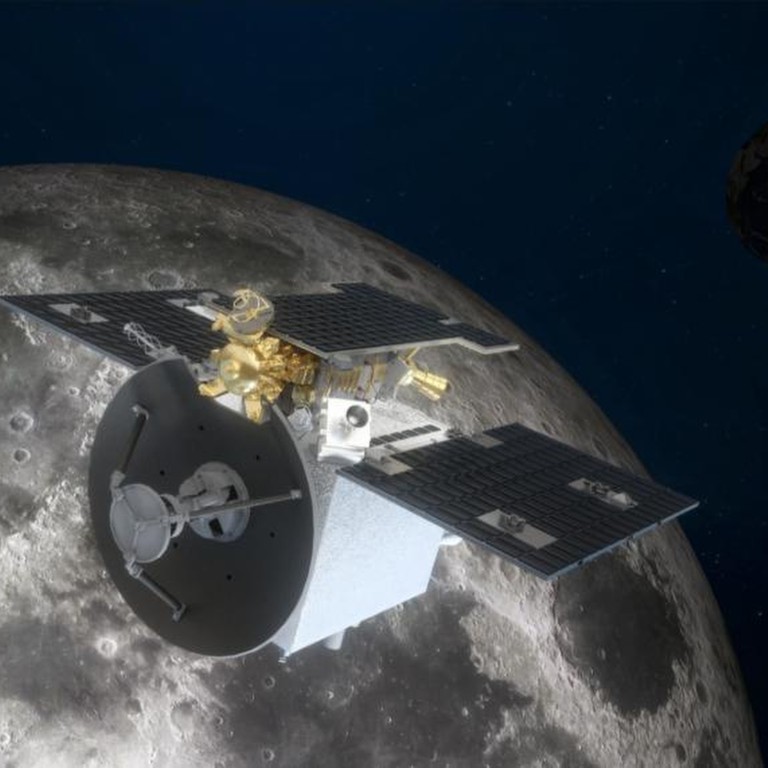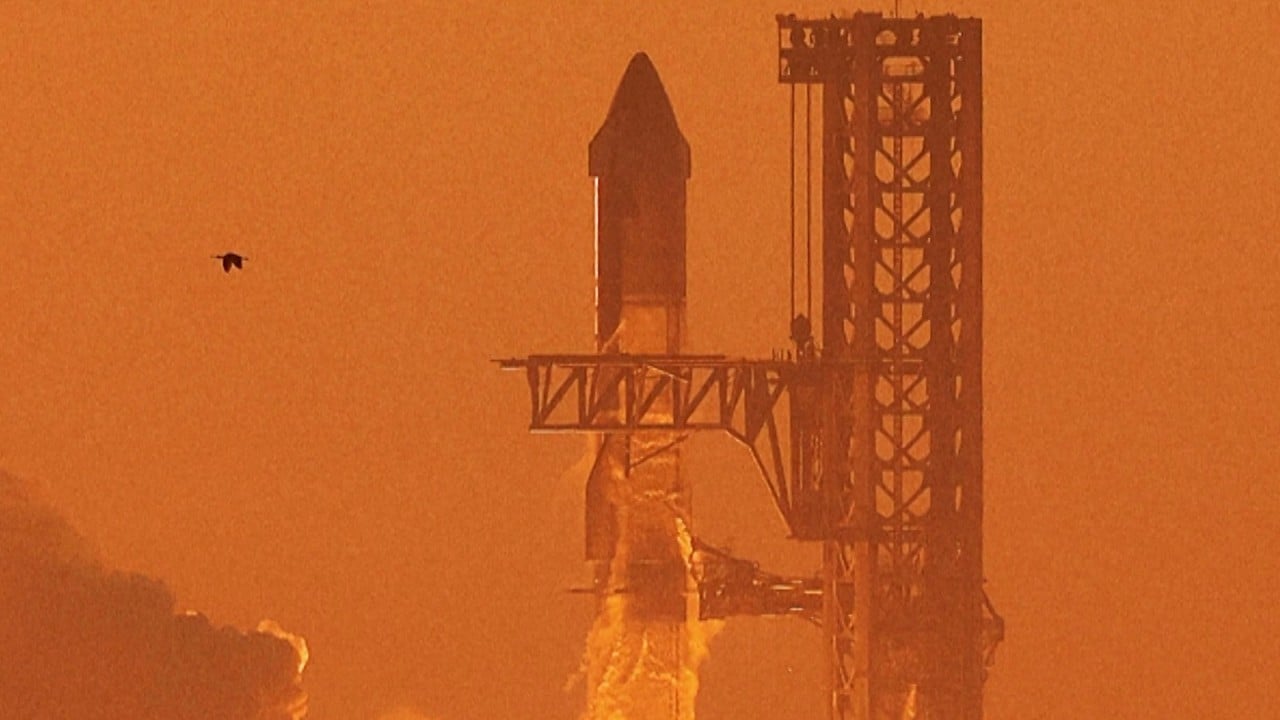
Does China need a space data bureau to support its ever-growing satellite networks?
- CASC’s Zhao Xiaojin has suggested setting up a national agency to coordinate information gathered by satellites
- The number of such Chinese devices in orbit has grown exponentially, with 100 launches estimated to take place in 2024
Zhao Xiaojin, Communist Party secretary of the China Academy of Space Technology under the China Aerospace Science and Technology Corporation (CASC), said a dedicated data bureau could support the burgeoning aerospace sector in China and prevent collected information being wasted.
“China prioritises satellite construction over operation. We need to find a way to make the best use of our satellites,” Zhao said.
The answer, he proposed, was the establishment of a national-level agency to oversee the coordination of all that data, as well as to improve satellite data storage, processing, distribution and application.

“As we acquire an increasing amount of data from satellites, it becomes necessary to have a specialised agency to manage it,” Zhao said.
“This would ensure that the data is effectively utilised to benefit economic development and national defence, as well as to improve people’s daily lives.”
Commercial space flight was highlighted in the annual government work report this year, aiming to draw policies, talent and funding to the sector, which is growing rapidly.
Meanwhile, China’s ambitious launch schedule is set to continue in 2024.
“Planned missions include ocean salinity detection satellites, electromagnetic monitoring satellites and astronomical satellites, with an estimated 100 launches throughout the year,” the blue book said.
Civilian satellites not only meet the needs of various industries, they also amass a vast amount of data that can be used in further research.
Billionaire Elon Musk’s aerospace company dominates the world in its ability to build low-cost, large-scale satellite internet constellations. Last year alone, it launched nearly 2,000 Starlink satellites.
SpaceX conducted 96 missions, carrying around 1,286 tonnes of payload into space last year, accounting for about 80 per cent of the global launch mass. This figure well surpassed the combined launch payload mass of all countries and regions outside of SpaceX.



